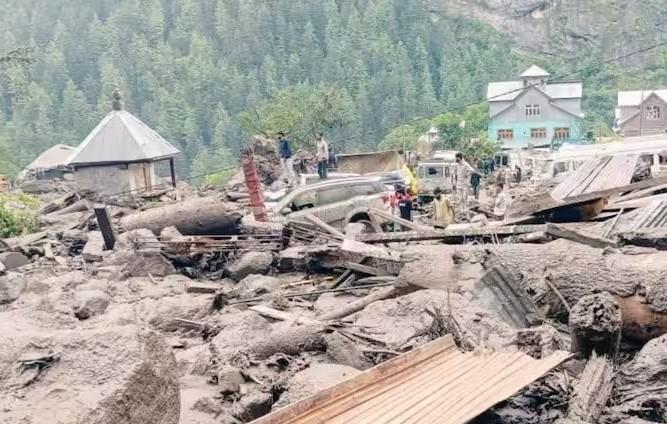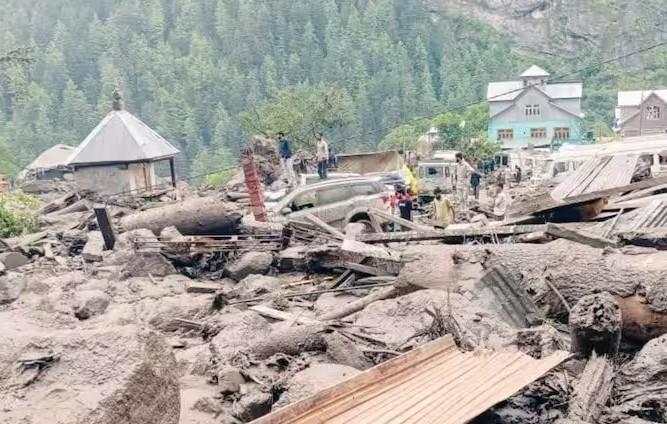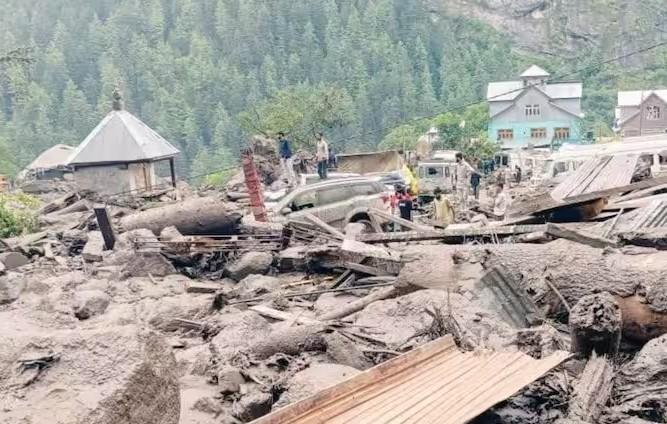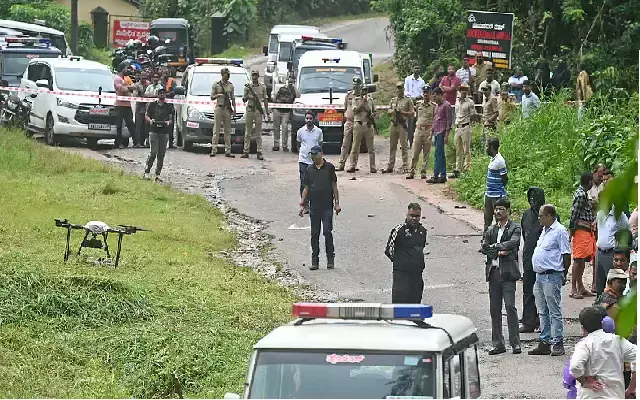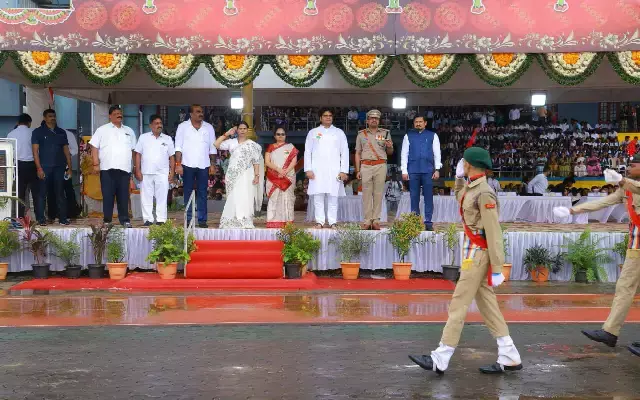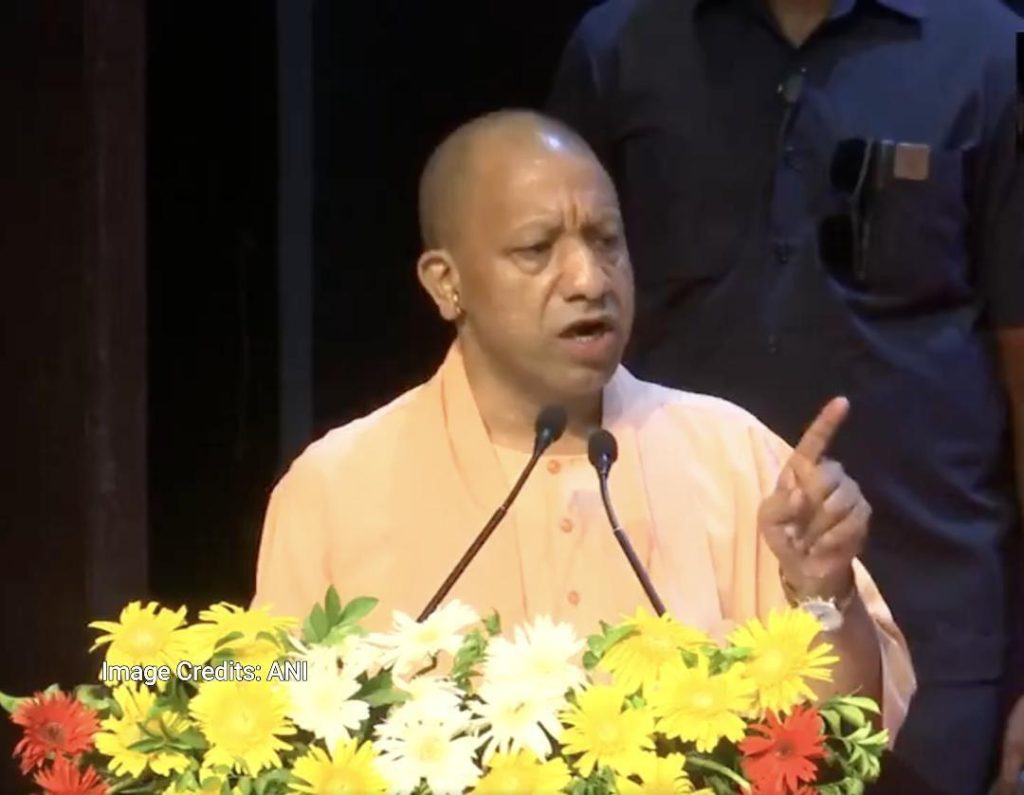
PM Indira Sinned on June 25 to Stay in Power: UP CM on Emergency
June 25, 1975, is a date etched in the annals of Indian history as the day when Prime Minister Indira Gandhi imposed the Emergency, suspending civil liberties and imposing a state of national emergency. Fifty years have passed since then, and the consequences of that day are still felt today. To mark this somber anniversary, Uttar Pradesh Chief Minister Yogi Adityanath has spoken out about the Emergency, calling it a sin perpetuated by the Congress and PM Indira Gandhi to ensure they remained in power.
In a statement, Adityanath said, “The Congress and the then PM Indira Gandhi sinned on 25 June 1975 to ensure they remained in power. They strangled the Indian Constitution 50 years ago by saying, ‘meri satta bani rahe chahe loktantra rahe na rahe’ (Let my power remain, even if democracy doesn’t).”
The Emergency was imposed on June 25, 1975, citing national security and law and order concerns. However, it was widely seen as a means for the government to silence opposition, curb dissent, and maintain control over the country. The move was met with widespread criticism and resistance from various sections of society, including politicians, activists, and ordinary citizens.
The UP CM’s statement is significant, as it highlights the long-term consequences of the Emergency on Indian democracy. By suspending civil liberties and imposing a state of national emergency, the government effectively curtailed individual freedoms, including the right to free speech, assembly, and movement. The move also led to widespread human rights abuses, with thousands of people arrested, detained, and tortured in prisons and camps.
The Emergency was also marked by the infamous forced sterilization program, which aimed to control population growth. The program, which was widely criticized as coercive and inhumane, led to the sterilization of millions of people, mostly poor and rural women.
The UP CM’s statement is also notable because it highlights the role of the Congress party in perpetuating the Emergency. The Congress, led by Indira Gandhi, was the dominant political party in the country at the time and was accused of using its power to suppress opposition and maintain its grip on power.
The Emergency had far-reaching consequences for Indian politics and society. It led to a significant erosion of trust in the government and the political system, and it paved the way for the rise of new political forces and ideologies. The Emergency also led to a re-evaluation of the role of the state in Indian society, with many people questioning the concentration of power in the hands of the government.
In recent years, there have been numerous efforts to document and commemorate the Emergency, including the release of documentaries, books, and films. The anniversary of the Emergency has also been marked by various events and protests across the country, including candlelight vigils, rallies, and seminars.
In conclusion, the UP CM’s statement serves as a powerful reminder of the dangers of authoritarianism and the importance of protecting individual freedoms and democracy. The Emergency was a dark chapter in Indian history, and it is essential that we learn from it and work towards building a more just and equitable society.
Source:
